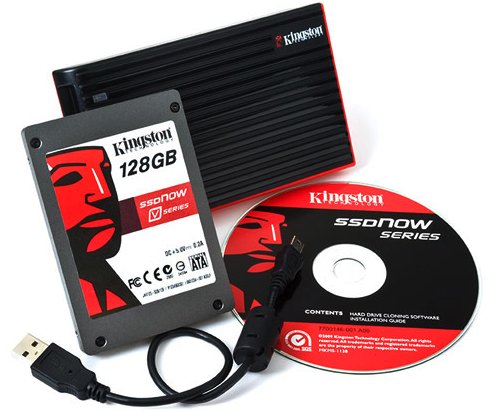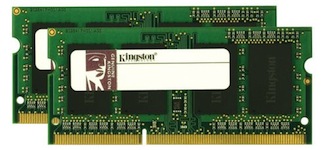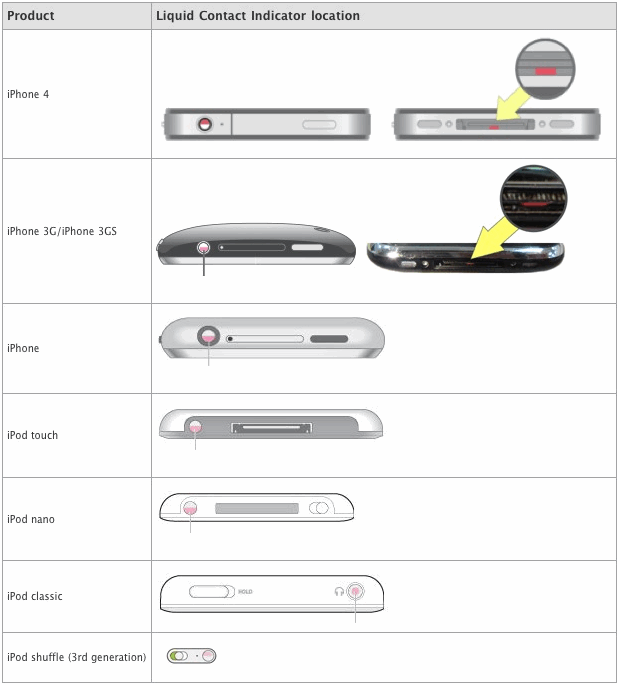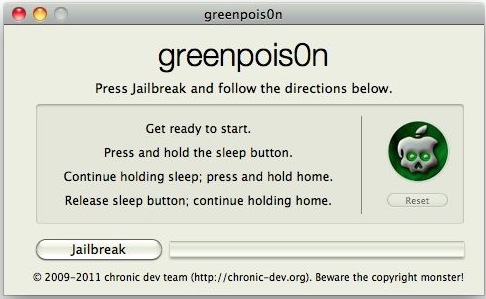iPad 2 in Production: Camera, Faster CPU & GPU, More RAM, Thinner & Lighter

The next generation iPad is currently in production, according to a report from the Wall Street Journal. Citing sources familiar with manufacturing the device, WSJ claims that iPad 2 will include a camera, a faster processor and graphics chip, more memory, and be thinner and lighter than the existing model. Their sources also say that the new iPad will be available on both the Verizon and AT&T networks.
iPad 2: Similar Screen Resolution as iPad?
The WSJ’s sources also specify that iPad 2’s display will not have a significantly improved screen resolution, instead it will feature a resolution “similar” to the existing iPad’s 1024×768 display. The language here is worth noting, because a “similar” display is not necessarily the same, and could indicate a slightly improved screen resolution.
Many users have been hoping for an iPhone 4 style retina display on the next iPad, but this wasn’t possible due to “trouble improving the display technology, in part because of the iPad screen’s larger size compared with the iPhone.”
Reality & the Rumors
If you’ve been following the iPad 2 rumors, you’ll notice that the WSJ claims are right in line with what the rumormill has been expecting. Noticeably absent are some of the more wild claims like dual HD cameras, NFC digital wallet chips, and a micro-USB or HDMI port.
Naming Conventions: iPad vs iPad 2 vs iPad 2G vs iPad 519491289184
While most of the features sound like they’re well established and set in stone, the devices name is the last big mystery. What is Apple going to call the next generation iPad? Will they keep the name simply as iPad like they do when they update their Mac lineups? Will they add a generation number like the iPhone and iPod touch? Does iPad 2 sound too boring?
(Above picture is from one of these iPad 2 mockups)








 The first Verizon iPhone 4 jailbreak has been made available to download as an update to
The first Verizon iPhone 4 jailbreak has been made available to download as an update to 

 If you purchase an app from the iTunes App Store, as long as you use the same iTunes account again, all subsequent downloads of that app are free. This means that if you bought an iOS app for an iPod touch, but you just got a new iPhone, iPad, or Mac you do not need to buy the same app again.
If you purchase an app from the iTunes App Store, as long as you use the same iTunes account again, all subsequent downloads of that app are free. This means that if you bought an iOS app for an iPod touch, but you just got a new iPhone, iPad, or Mac you do not need to buy the same app again.  Did you know that your Mac has a built-in FTP & FTPS client? You don’t need to download any additional software or apps to connect to FTP sites from
Did you know that your Mac has a built-in FTP & FTPS client? You don’t need to download any additional software or apps to connect to FTP sites from 



